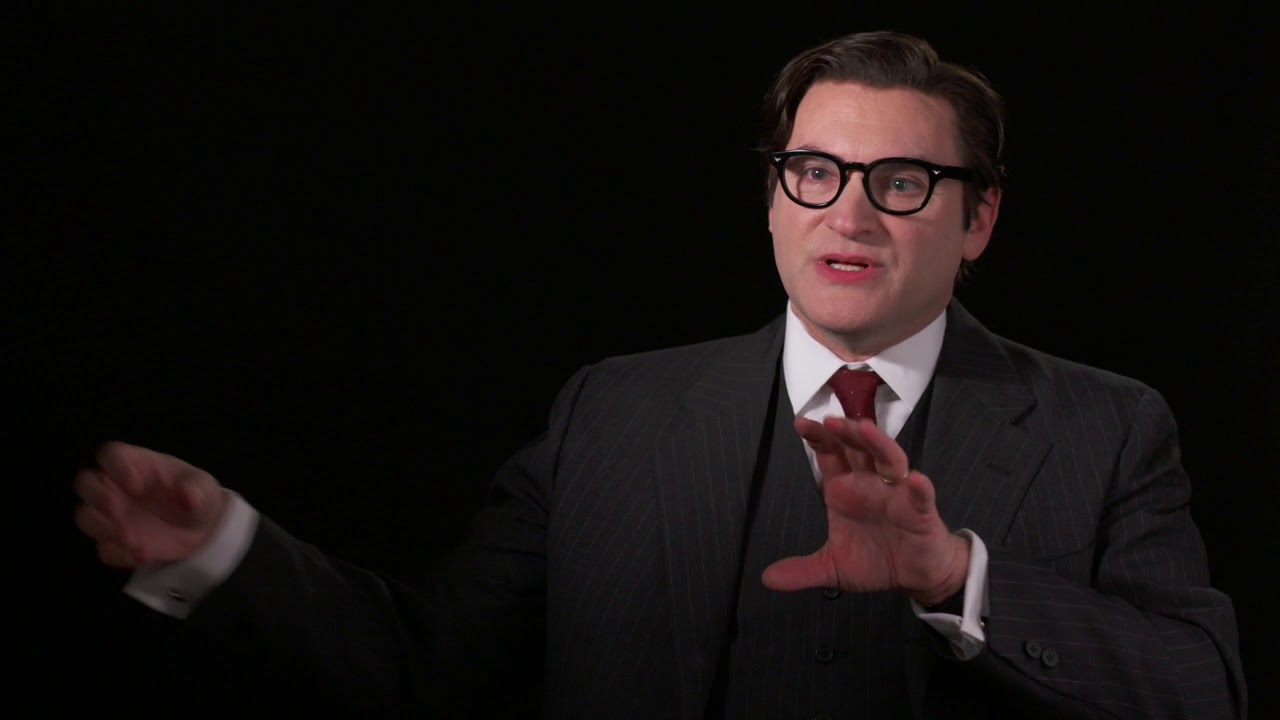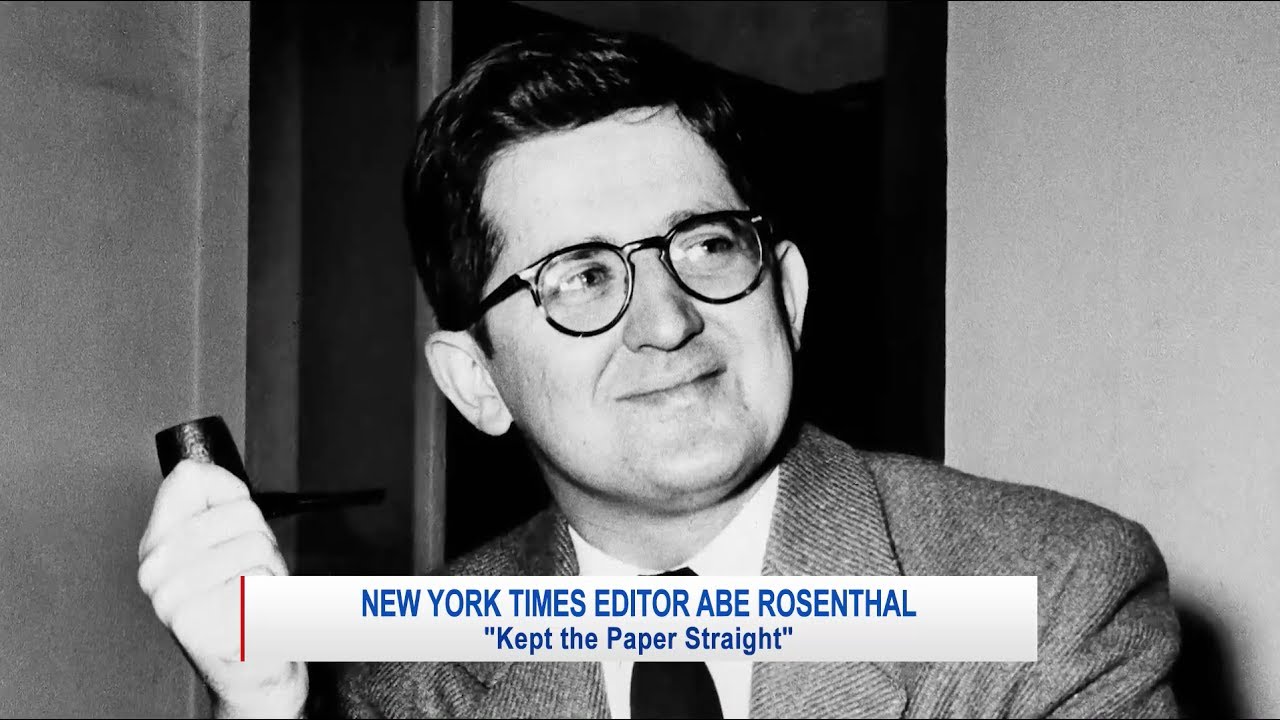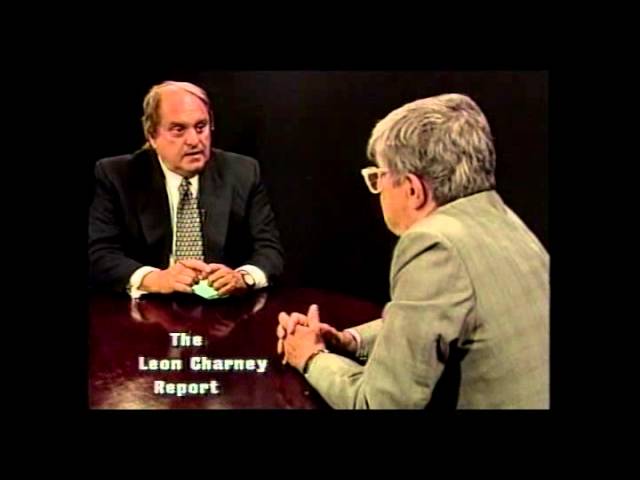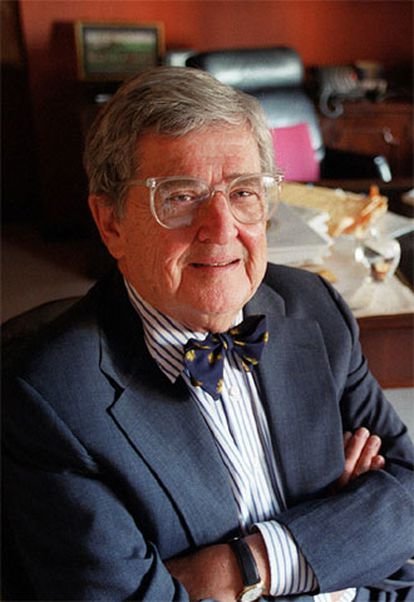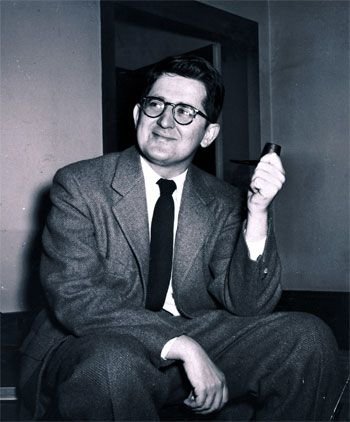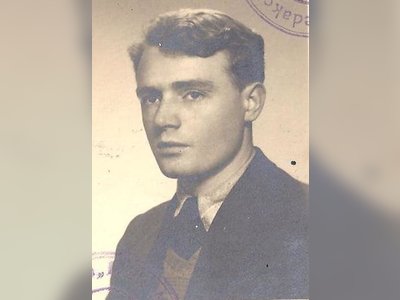מורשת גדולי האומה
בזכותם קיים
beta
Abe Rosenthal: A Storied Career in Journalism and Advocacy
Abe Rosenthal's life journey encompassed not only the world of journalism but also the realm of political advocacy. His unwavering commitment to his beliefs and his relentless pursuit of the truth continue to inspire journalists and thinkers today. Abe Rosenthal's legacy is one that reminds us of the powerful role that journalism can play in shaping the world.
Abraham Michael Rosenthal, known as Abe Rosenthal, was a prominent figure in American journalism and a passionate advocate for his beliefs. Born on May 2, 1922, in Ontario, Canada, he became a renowned Jewish-American editor, with his most notable tenure as the executive editor of "The New York Times" from 1977 to January 1, 1988. This article delves into the life and career of Abe Rosenthal, a journalist whose impact extended beyond the newsroom.
Early Life and Education:
Rosenthal's family relocated to the United States during his childhood, where he attended public schools in New York City. He later pursued higher education, graduating from college.
A Storied Career at "The New York Times":
Rosenthal joined "The New York Times" in 1943, embarking on a remarkable 56-year journey with the newspaper until his retirement in 1999. During this time, he contributed significantly to the paper's content, even adopting the pen name A.M. Rosenthal, a concise reference to his full name, after the paper's editors refused to use his complete name.
Editorial Contributions:
Beyond his role as executive editor, Rosenthal maintained a regular column in "The New York Times" from 1987 to 1999 and later wrote for "The Daily News" from 1999 to 2004. His writing was known for its sharp wit, incisive analysis, and fearless exploration of various societal issues.
Political Stances:
Abe Rosenthal was not just a journalist; he was an advocate for his convictions. He staunchly supported the Gulf War and urged the United States to issue ultimatums to countries like Afghanistan, Iran, Iraq, Libya, Syria, and Sudan, demanding they relinquish documents related to weapons of mass destruction and terrorist organizations. His positions reflected a commitment to international security and diplomacy.
Rosenthal was also a vocal proponent of the war on drugs, aligning himself with the government's efforts to combat the drug epidemic.
Legacy:
Abe Rosenthal's contributions to journalism and advocacy left an indelible mark on American society. His fearless reporting and dedication to the truth epitomized the highest standards of journalistic integrity. His editorial leadership at "The New York Times" helped shape the paper's reputation for excellence.
Early Life and Education:
Rosenthal's family relocated to the United States during his childhood, where he attended public schools in New York City. He later pursued higher education, graduating from college.
A Storied Career at "The New York Times":
Rosenthal joined "The New York Times" in 1943, embarking on a remarkable 56-year journey with the newspaper until his retirement in 1999. During this time, he contributed significantly to the paper's content, even adopting the pen name A.M. Rosenthal, a concise reference to his full name, after the paper's editors refused to use his complete name.
Editorial Contributions:
Beyond his role as executive editor, Rosenthal maintained a regular column in "The New York Times" from 1987 to 1999 and later wrote for "The Daily News" from 1999 to 2004. His writing was known for its sharp wit, incisive analysis, and fearless exploration of various societal issues.
Political Stances:
Abe Rosenthal was not just a journalist; he was an advocate for his convictions. He staunchly supported the Gulf War and urged the United States to issue ultimatums to countries like Afghanistan, Iran, Iraq, Libya, Syria, and Sudan, demanding they relinquish documents related to weapons of mass destruction and terrorist organizations. His positions reflected a commitment to international security and diplomacy.
Rosenthal was also a vocal proponent of the war on drugs, aligning himself with the government's efforts to combat the drug epidemic.
Legacy:
Abe Rosenthal's contributions to journalism and advocacy left an indelible mark on American society. His fearless reporting and dedication to the truth epitomized the highest standards of journalistic integrity. His editorial leadership at "The New York Times" helped shape the paper's reputation for excellence.
- אייב רוזנטל – ויקיפדיהhe.wikipedia.org
